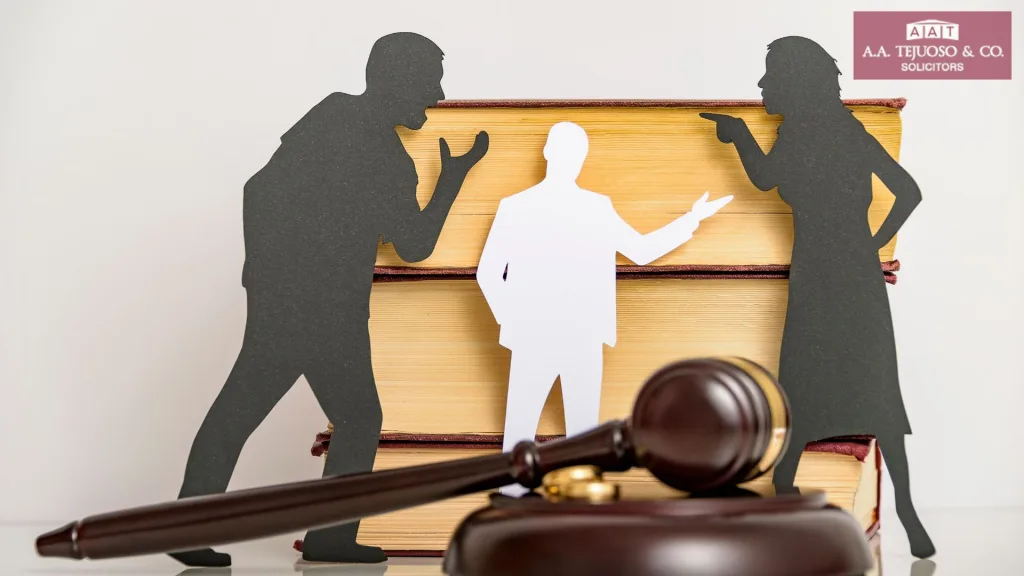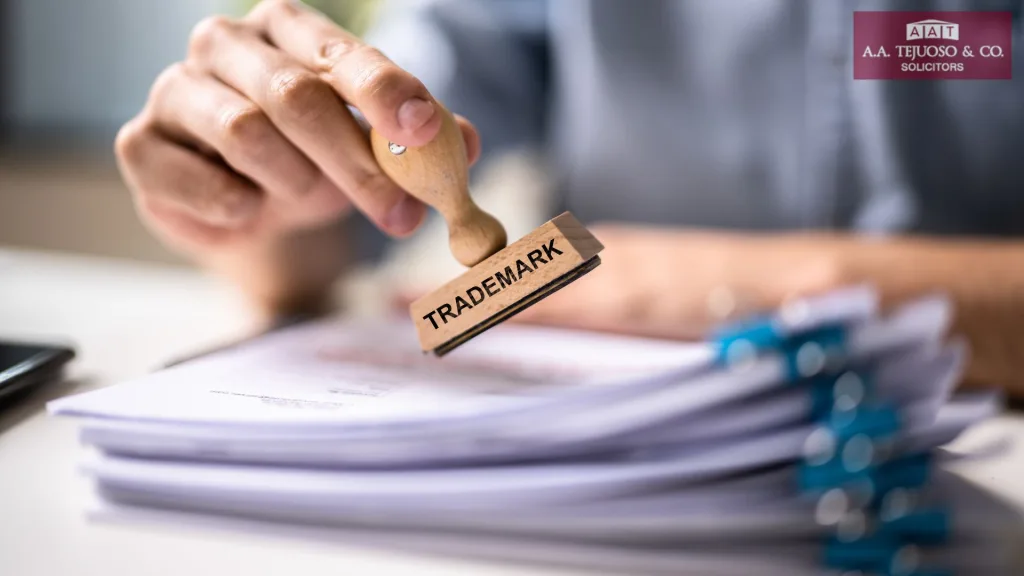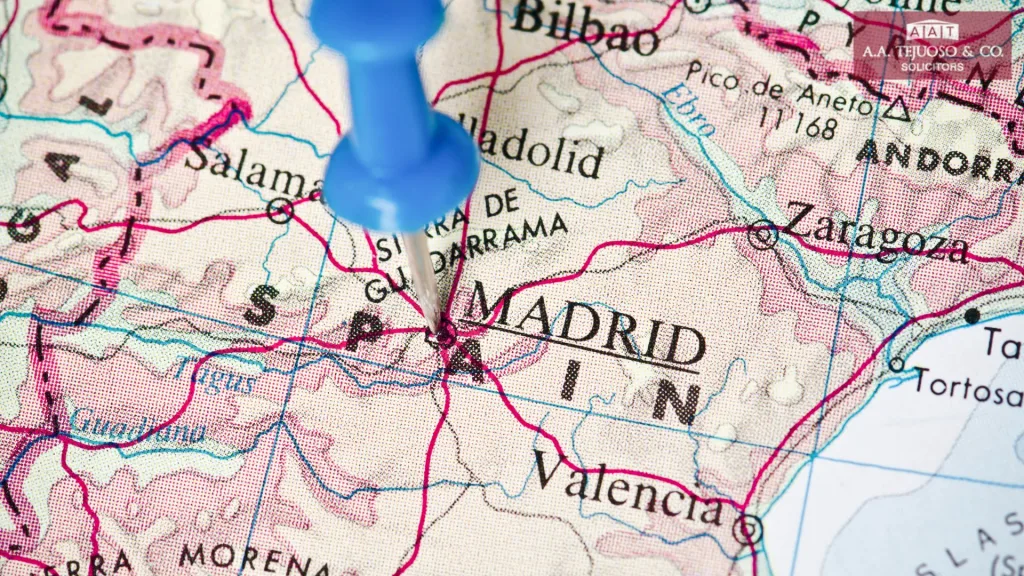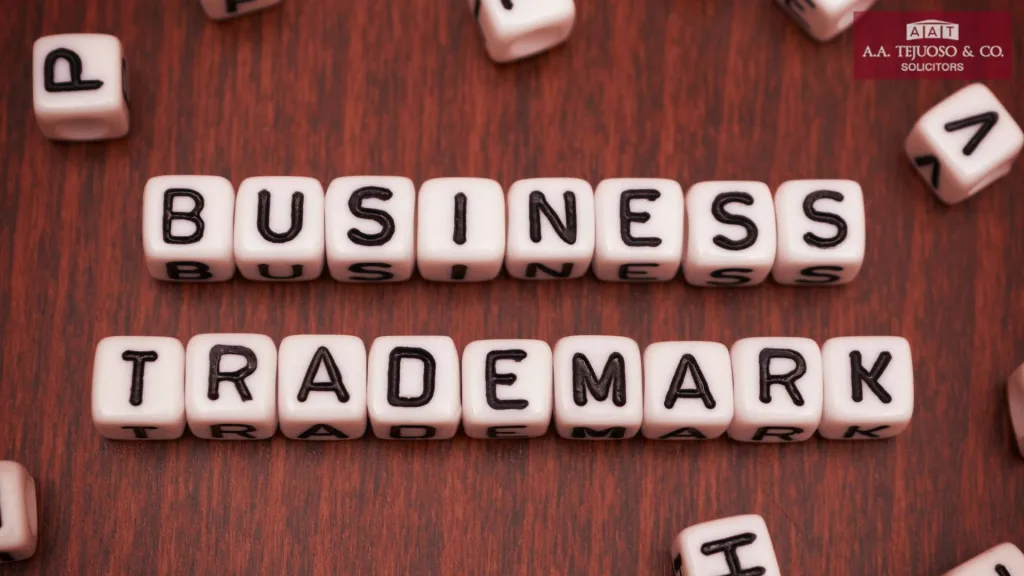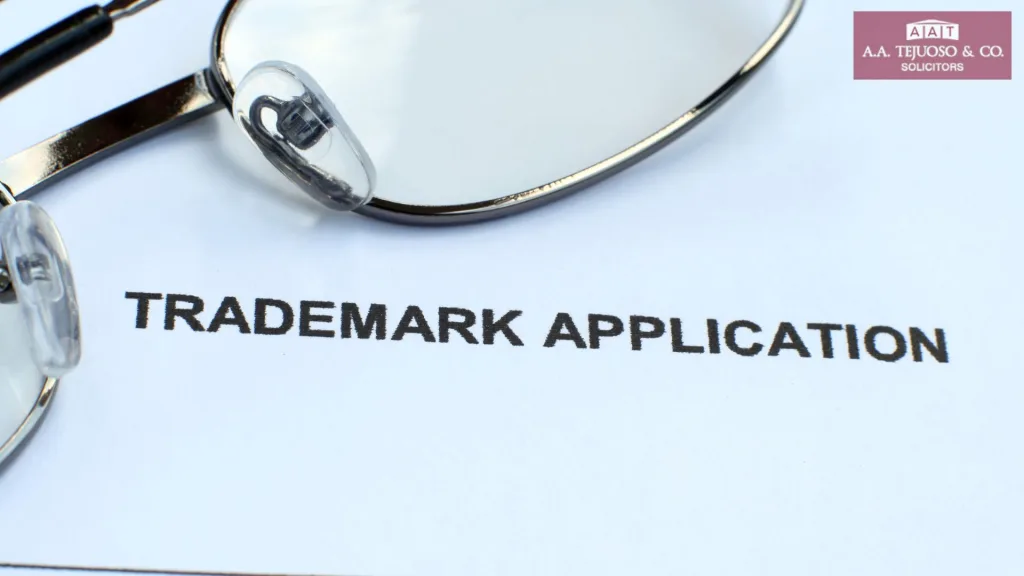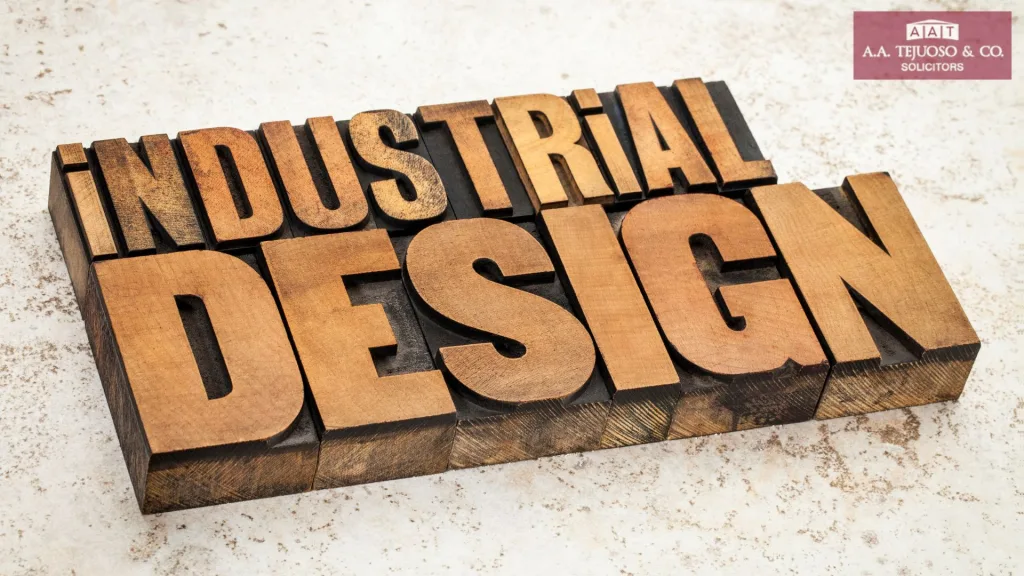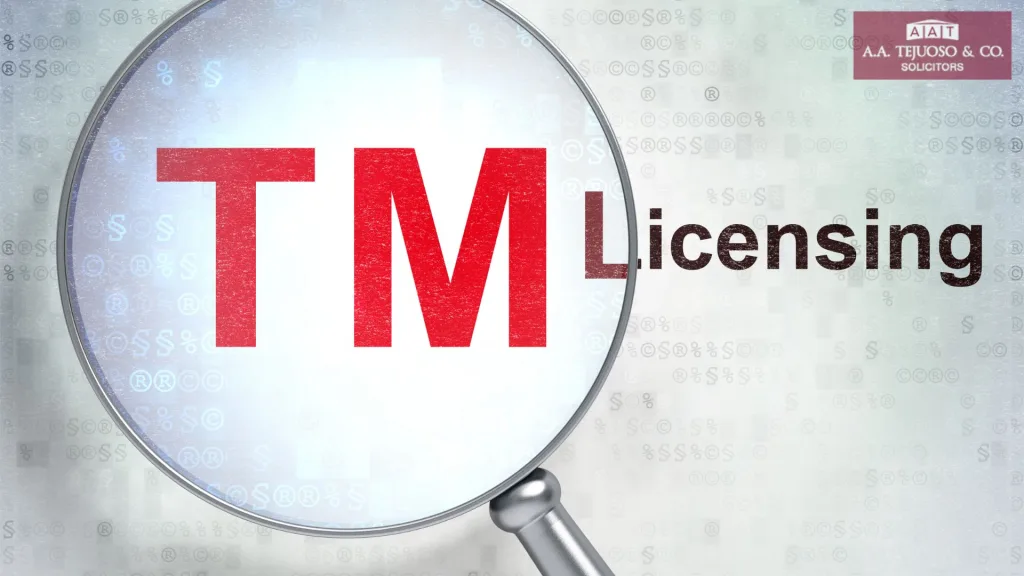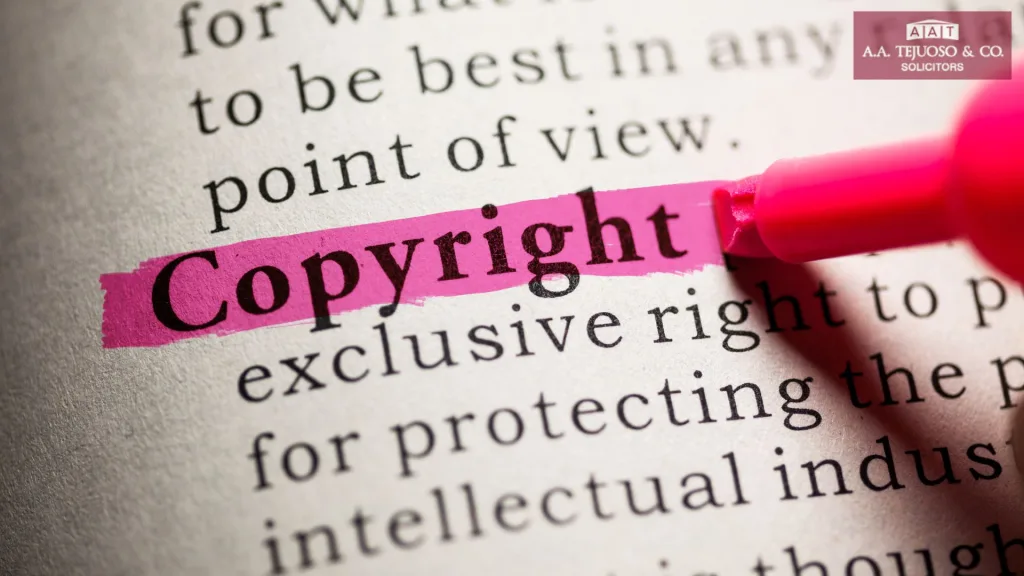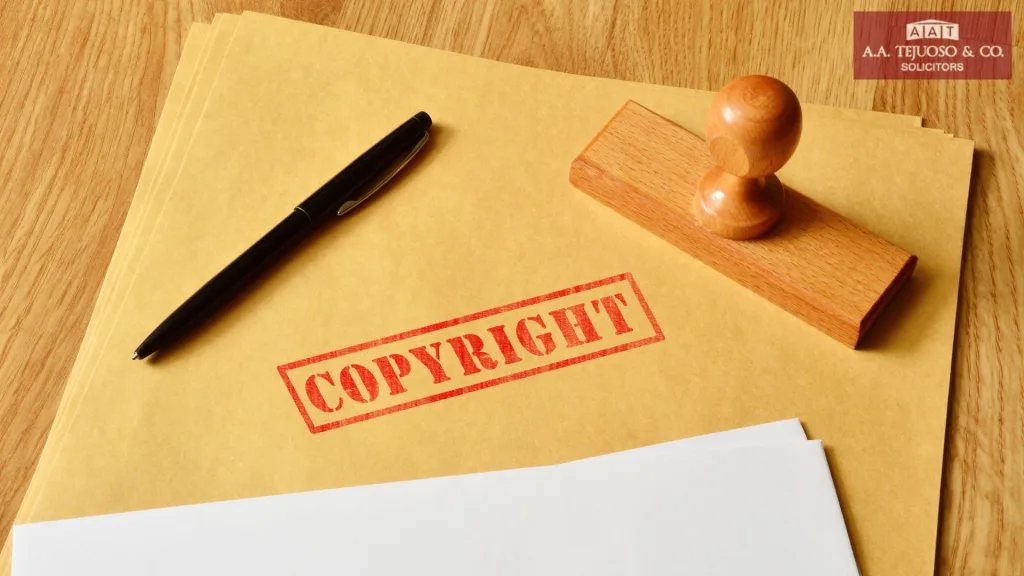OPPOSITION PROCEEDINGS MADE SIMPLE
THE MADRID SYSTEM IN AFRICA RECENT POST Frequently Asked Questions About Patents in Nigeria December 11, 2023 Five Things You Need to Know About Trademarks November 5, 2020 Procedure For Trade Mark Registration in Nigeria November 5, 2020 REGISTER A TRADEMARK ADDRESS 33 Cavendish Square London W1G 0PW BOOK AN APPOINTMENT Please contact us by phone or via the online form to set an appointment. thank you! +234 1264 3024 OPPOSITION PROCEEDINGS MADE SIMPLE An application for a Trademark in Nigeria is subjected to two levels of examination before it can proceed to advertisement in the Trademark Journal.Firstly, there is the formal examination of the application. Put simply, this is merely an inspection of the application by the Trademark registry to ensure that the formalities of the application have been met. Learn more about our trademark registration Then, comes a more rigorous examination, referred to as a substantive examination. In a substantive examination the Registrar’s seeks to establish the registrability of the application by taking into consideration any possible conflicts with marks previously registered or with pending marks. The Registrar is able to assess the inherent unregistrability of the mark. If the mark passes both examinations then the mark is deemed Accepted and will proceed to being advertised in the Nigerian Trademark Journal, and is open to opposition for a period of two (2) months from the date of advertisement While the vast majority of applications will proceed smoothly to registration, there are a few that will become the subject of Opposition Proceedings. Opposition proceedings are a creature of statute; prescribed by the Trade Marks Act. The first thing to note is that a person opposing the registration of a Trademark need not have any prior trademark rights to commence the proceedings. Therefore any person may commence the proceedings within the two months from the date of the advertisement in the Journal of an application for registration of the Mark. The Opposition is commenced by giving notice to the Registrar on a prescribed Form. In this case Form 6 is required. The Notice must include a statement on the ground(s) which the opponent cites in objecting to the registration. Where, the ground is that the mark opposed resembles one that is already on the register, then the numbers of the trademarks and the numbers of the Journals in which they have been advertised should be included in the grounds. The notice must be filed in duplicate to enable the Registrar to forward a copy to the applicant. Once the applicant received the notice of the Opposition forwarded by the Registrar then he has one month to respond with a Counterstatement which itself must be issued on a prescribed form (FORM 6). This is the opportunity for the applicant to respond setting out the facts on which he relies to support his application for the registration of his mark. There is also an opportunity for the applicant to admit to any facts that might have been included in the Notice of opposition. Just as with the Notice, the Counterstatement must be sent in duplicate to the Registrar. The Registrar will then forward the Counterstatement to the Opponent who must then leave evidence in the form of a Statutory Declaration. The Statutory declaration must be filed with the Registrar within a month of the receipt of the Counterstatement. It must set out the evidence on which he relies on to support his opposition. The Statutory declaration should be sent to the Registrar as well as to the Applicant and in the event of no Statutory declaration being filed by the Opponent, then unless the Registrar directs otherwise, the Opposition is deemed abandoned. However, where the Statutory declaration is filed than the Applicant upon one month of its receipt is obliged to file in turn his own Statutory declaration in reply to the issues set out in the Opponent’s declaration. This reply must be sent by the Applicant to both the Registrar and the Opponent. At this stage the evidence is at an end and the parties are not required to file any further documents and he only remaining issue will be the hearing of the Opposition, The Registrar will give notice to the parties of a date when he will hear the arguments in the case. We have summarised the stages of an Opposition Proceeding with our Flowchart below. At AA Tejuoso & Co. we are able to provide effective representation for either Opponents or Applicants who are parties to an Opposition Proceedings. For further information and for our fees relating to Opposition Proceeding please contact us using the Contact Form or by emailing us at lawyer@tejulaw.com. Register a Trademark Schedule An Appointment Request Quote RECENT POST Frequently Asked Questions About Patents in Nigeria December 11, 2023 Five Things You Need to Know About Trademarks November 5, 2020 Procedure For Trade Mark Registration in Nigeria November 5, 2020 REGISTER A TRADEMARK ADDRESS 33 Cavendish Square London W1G 0PW BOOK AN APPOINTMENT Please contact us by phone or via the online form to set an appointment. thank you! +234 1264 3024
OPPOSITION PROCEEDINGS MADE SIMPLE Read More »


